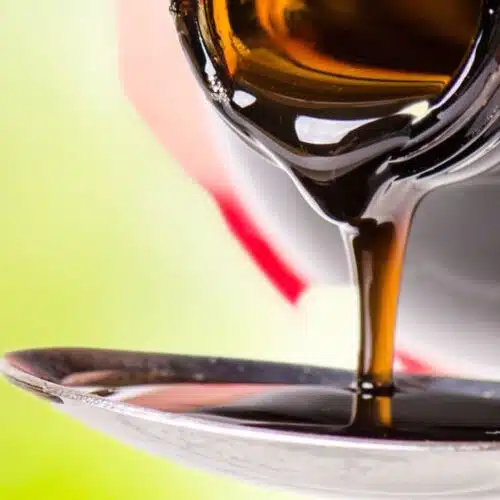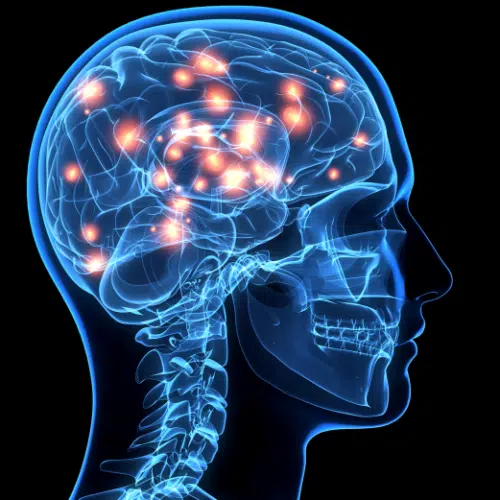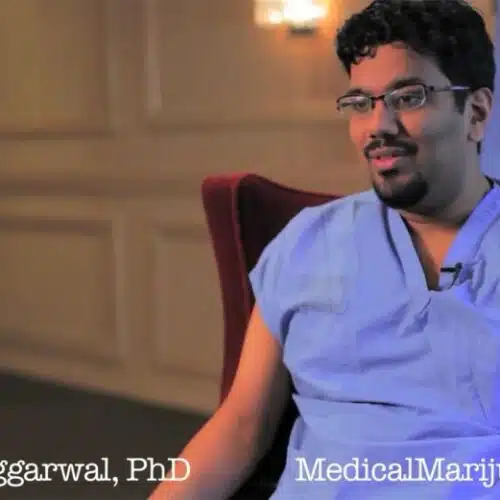Everyone Wants To Jump On The Bandwagon Of “Medical Marijuana” Provided No One Is Going To Experience Any Altered Consciousness
By DR. MICHELLE SEXTON | June 19, 2014
Sierra Riddle is able to provide whole plant CBD-rich medicine for her son because she lives in Colorado. Not all parents have this available.
Does CBD-only Cannabis exist? There appears to be ten uninformed States that think so, as they have initiated legislation in favor of the use of the “real” medical Cannabis, the one that leaves THC out of its’ repertoire.
Just because CBD has been in higher concentration than THC in the plant concentrates that have been widely publicized by stories on children with intractable epilepsy, does not mean that THC is not contributing to the perceived therapeutic effect.
THC may actually be a player in the reported benefits
However it is difficult to tease this out given that our Federal government will not allow any studies on therapeutic efficacy. The plant extract being widely touted has a THC content that can be from 3-6%.
GW Pharmaceuticals is currently administering a refined CBD product (without the other 400 compounds in the plant) to a cohort of these children, under Investigative New Drug (IND) status, but it is not being compared to whole plant extracts. When I inquired whether they would be interested in doing a “comparative effectiveness” study, I was told that GW would never consider comparing their product to a “street drug”. I think this designation would be an affront to the families who are using locally grown, locally refined and sustainable Cannabis medicine and are reporting 40-80% reduction in seizure burden along with a host of other beneficial effects for their children, and quality of life in general.
A “street drug” has an entirely different connotation from that of a botanical medicine. While most State and Federal governments choose to allow black market Cannabis to be perpetuated, those in the Cannabis industry who are emerging into the light, see it differently. Now there is the potential for self-regulation by means of a certification process that has leaned on the American Herbal Products Association for regulatory guidance. Americans For Safe Access now provides certification for producing, processing, testing and dispensing of Cannabis and related products based on these industry guidelines. There are quality- controlled products with somewhat “known” mg. doses available for Cannabis patients.
Meanwhile I provide consultation to parents of pediatric patients who are now “adding back” more THC into the medicine they give their children.
One reason for this is that THC seems to be more effective for helping to cope with the intractable withdrawal from benzodiazepines, which are one class of several, often debilitating, drugs administered to their children to try to treat seizure. THC also appears to be a successful adjunct for nighttime seizure control. Our federal government, by patent, considers both THC and CBD to be “neuro-protectant”. Many are operating under the illusion that CBD is not a Schedule I substance, while Fred Gardner of O’Shaugnessey’s Online confirmed with the DEA that it is considered to be on the list.
Given that when CBD is combined with THC, there is a reduction in the “negative effects” of THC, plant biodiversity makes sense. Biodiversity, in this sense, means that varietals still expressing enzymes for synthesizing both compounds are present in the plant, and this biochemical balance probably most likely represents the “plant” that we have vast historical data on.
UMass Amherst Professor Lyle Craker was denied a license to cultivate research marijuana for use by scientists in FDA-approved research. The ruling maintains the unique government monopoly over the supply of marijuana available for FDA-approved research (ACLU).
Early case studies from 1967 that report that efficacy from Cannabis for seizure were unlikely to be CBD-only plants (however some subjects reported increase in seizure frequency after smoking cannabis). A case Study from 1940 investigated two homologues of THC in a cohort of five children with intractable epilepsy, showing change in 2/5 children treated. Other investigations administered THC only as well.
There is no greater burden of proof for CBD in epilepsy in humans (than for THC) other than a small trial in adults in Brazil using CBD-only with 50% efficacy compared to placebo (15 adult subjects total). In fact, a study in 1990 found that there was no efficacy for CBD in twelve patients to whom it was administered. The available “ whole plant” literature mostly represents use that seems to only rarely have pro-convulsant (causing seizure) effects.
In light of the highly variable nature of epilepsy in general, it is not surprising that a variety of preparations, or cannabinoid ratios may be beneficial, depending on the patient. This topic has been thoroughly reviewed in the upcoming American Herbal Pharmacopoiea Cannabis Monograph Therapeutic Compendium.
In conclusion
It still makes sense to set this plant free! Over the last decades producers have selected for high-THC-producing plant mutants, and now governments are lobbying for high-CBD-producing plant mutants. If we select for a new genetic character, the likelihood of reproducing the historical data is reduced. Just as humans have genetic biodiversity (especially with regard to the endocannabinoid system), our entire planet needs biodiversity of plant and animal life and the Cannabis genome needs it as well. This human-plant relationship would benefit from “wild-type” plant genetics and to let nature decide, because we really have no clue, from a therapeutic perspective, what actually are “desirable traits” for the Cannabis plant.
Dr. Michelle Sexton is a Naturopathic Doctor, and Founder/Owner of PhytaLab, a Cannabis testing facility in Washington State. Dr. Sexton is an editor/advisor on the American Herbal Pharmacopoeia Cannabis monograph, and was a consultant to the Washington State liquor control Board on the quality control of Cannabis under I502. She is a member of the International Cannabinoid Research Society, the International Association of Cannabinoid Medicine, and the Society of Cannabis Clinicians. She also serves on the Board of Directors for Americans for Safe Access Foundation and is the Executive Medical Research Director at the Center for the Study of Cannabis and Social Policy in Seattle, WA.


